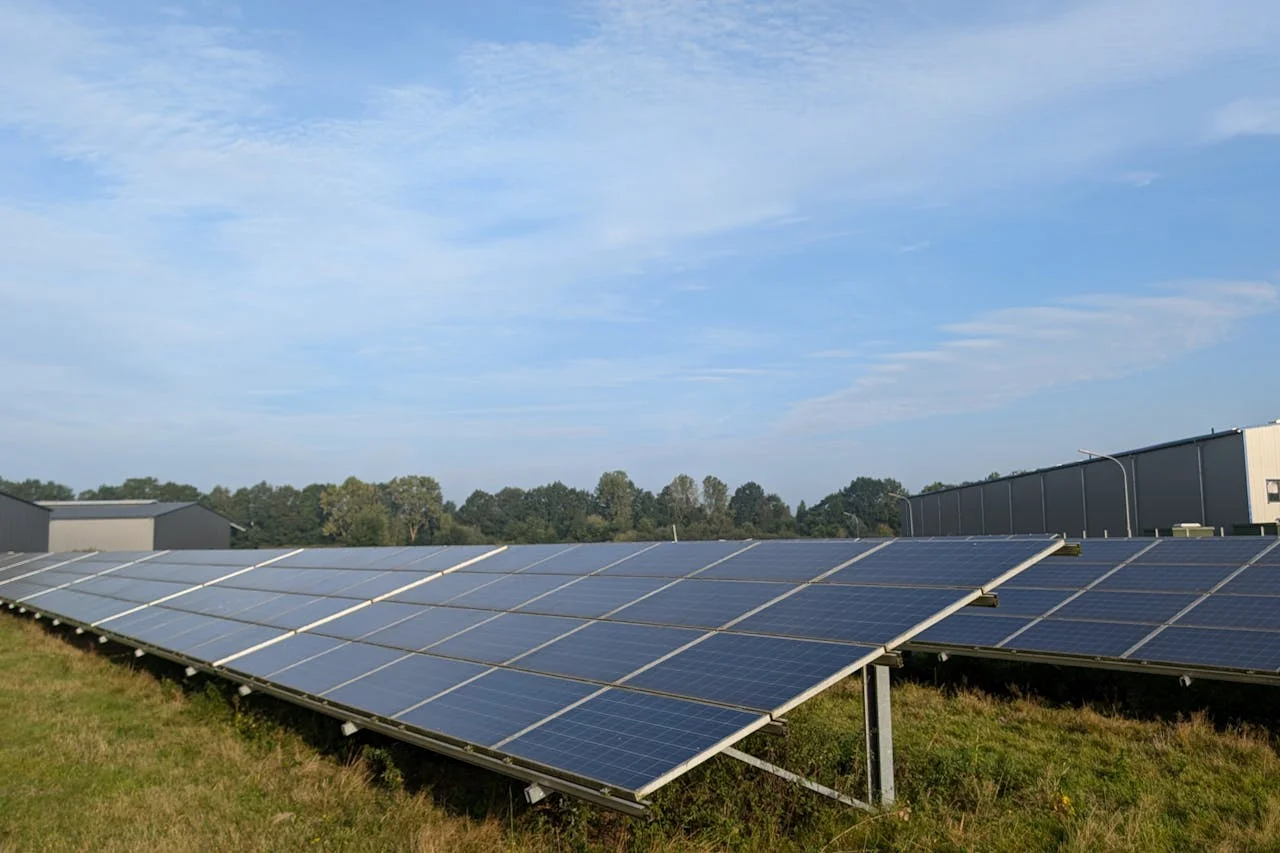
The Ecopetrol Group’s transportation segment, which encompasses Cenit along with Ocensa, Oleoducto de Colombia (ODC), and Oleoducto de los Llanos (ODL), has recently incorporated 104 megawatts (MW) of renewable energy into its energy matrix. This capacity is enough to power approximately 94,000 homes across Colombia. By integrating 18 projects from non-conventional energy sources, including solar photovoltaic, hydraulic, and kinetic power, the segment is making strides in reducing its carbon footprint while advancing towards cleaner and more sustainable energy practices for the future.
These renewable energy initiatives are part of the broader decarbonization efforts in the transportation segment, which include the incorporation of renewable energy projects, energy efficiency improvements, electrification of stations, and the purchase of renewable energy credits. Furthermore, Ecopetrol has committed to purchasing 1.8 million carbon credits from projects focused on reforestation and deforestation protection. These efforts have already benefitted over 16,981 people in four Colombian departments: Chocó, Caquetá, Vichada, and Guainía.
Alexander Cadena, President of Cenit, expressed pride in the progress made, stating, “The incorporation of these projects demonstrates the transportation segment’s commitment to the energy transition, providing a renewable component that diversifies the Ecopetrol Group’s portfolio.” He highlighted the role of these initiatives in enhancing the group’s renewable energy footprint, which is vital for sustainable development.
Ricardo Roa, President of the Ecopetrol Group, also commented on the achievement, noting that the goal of incorporating 100 MW of renewable energy into the segment by 2024 had already been surpassed. “With the 104 MW of installed renewable capacity in the transportation segment, Ecopetrol is reaffirming its value generation and contributions to Colombia’s energy transition,” he said.
In addition to these renewable energy projects, the transportation segment has actively worked to reduce its environmental impact. Since 2019, it has cut nearly 94,000 tons of CO2 emissions, equivalent to preserving a forest area larger than 1,500 soccer fields. This reduction is part of Ecopetrol’s ongoing efforts to combat climate change and promote environmental sustainability.
Ecopetrol’s transportation segment has also renewed its Carbon Neutrality certification. This certification recognizes the company’s work in implementing initiatives aimed at reducing its carbon footprint. Key measures include the use of renewable energy for self-consumption at its stations and the launch of energy efficiency programs aimed at reducing overall energy consumption.
These accomplishments align with Ecopetrol’s broader strategy to contribute to Colombia’s energy transition by investing in and promoting sustainable energy solutions. Through these efforts, Ecopetrol not only supports the decarbonization of its operations but also plays an essential role in the country’s broader climate action agenda. The successful integration of renewable energy into its operations further strengthens the company’s commitment to a cleaner, greener future for both Colombia and the world.
Incorporating renewable energy into the transportation sector is a significant milestone in Ecopetrol’s sustainability journey, marking a shift toward more energy-efficient and environmentally responsible practices. With ongoing projects and continued investments in green technologies, Ecopetrol is poised to remain at the forefront of the energy transition in Colombia.







